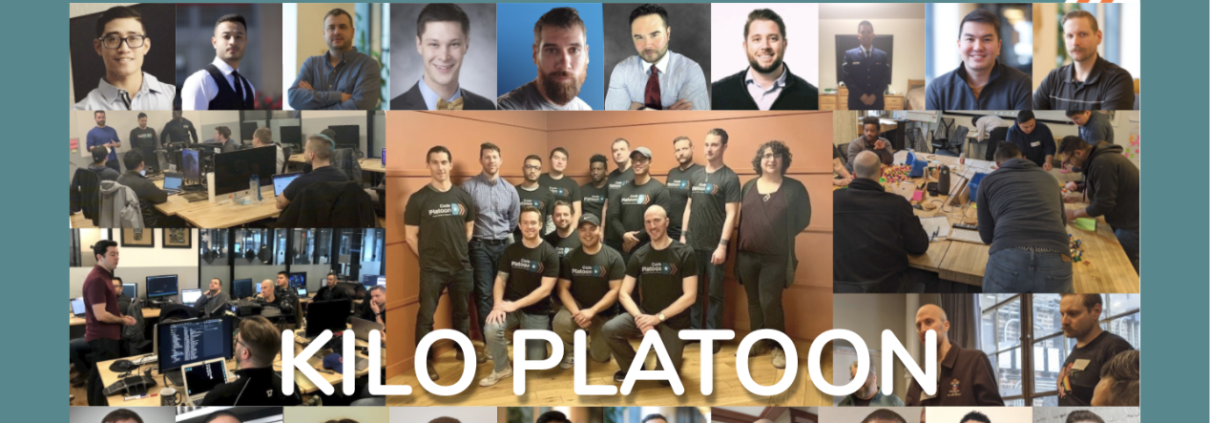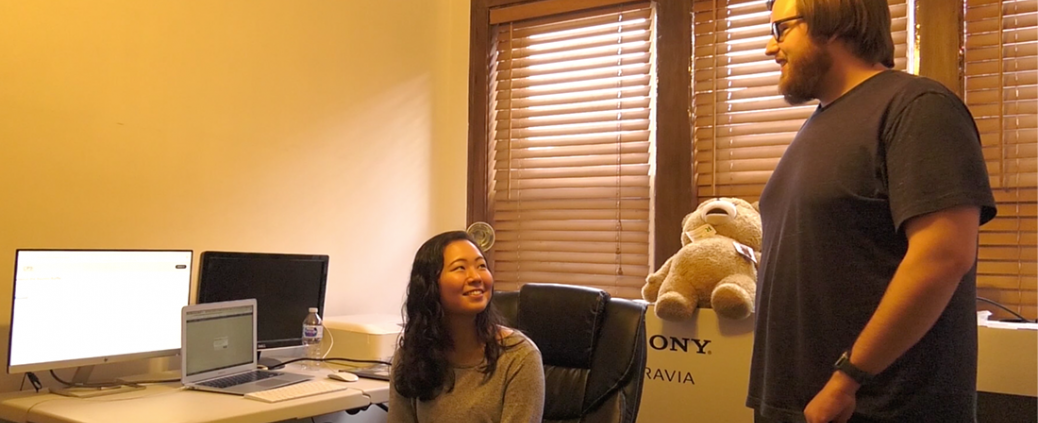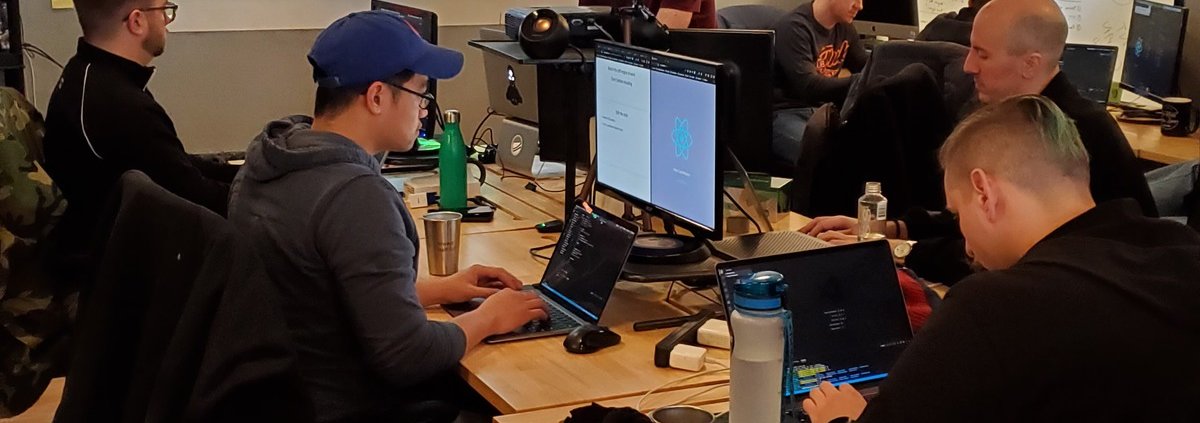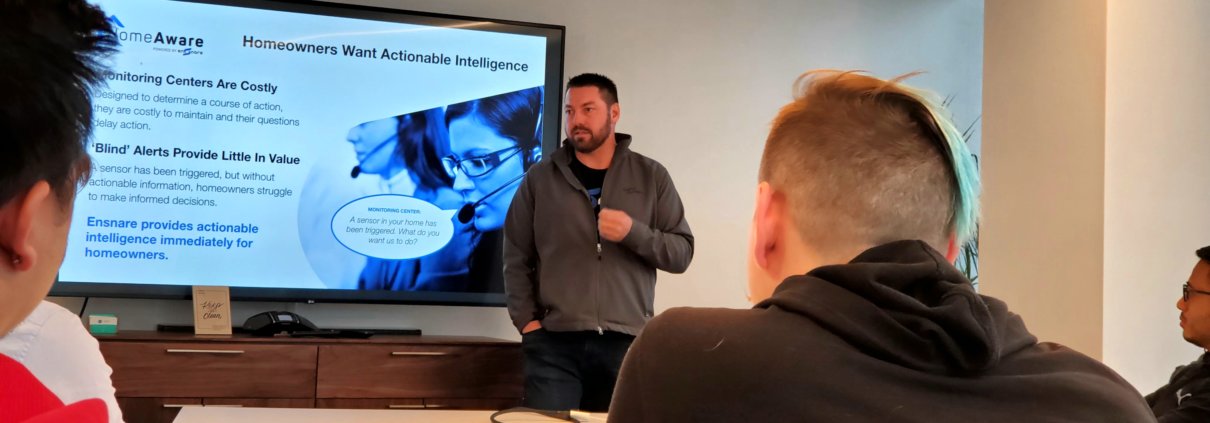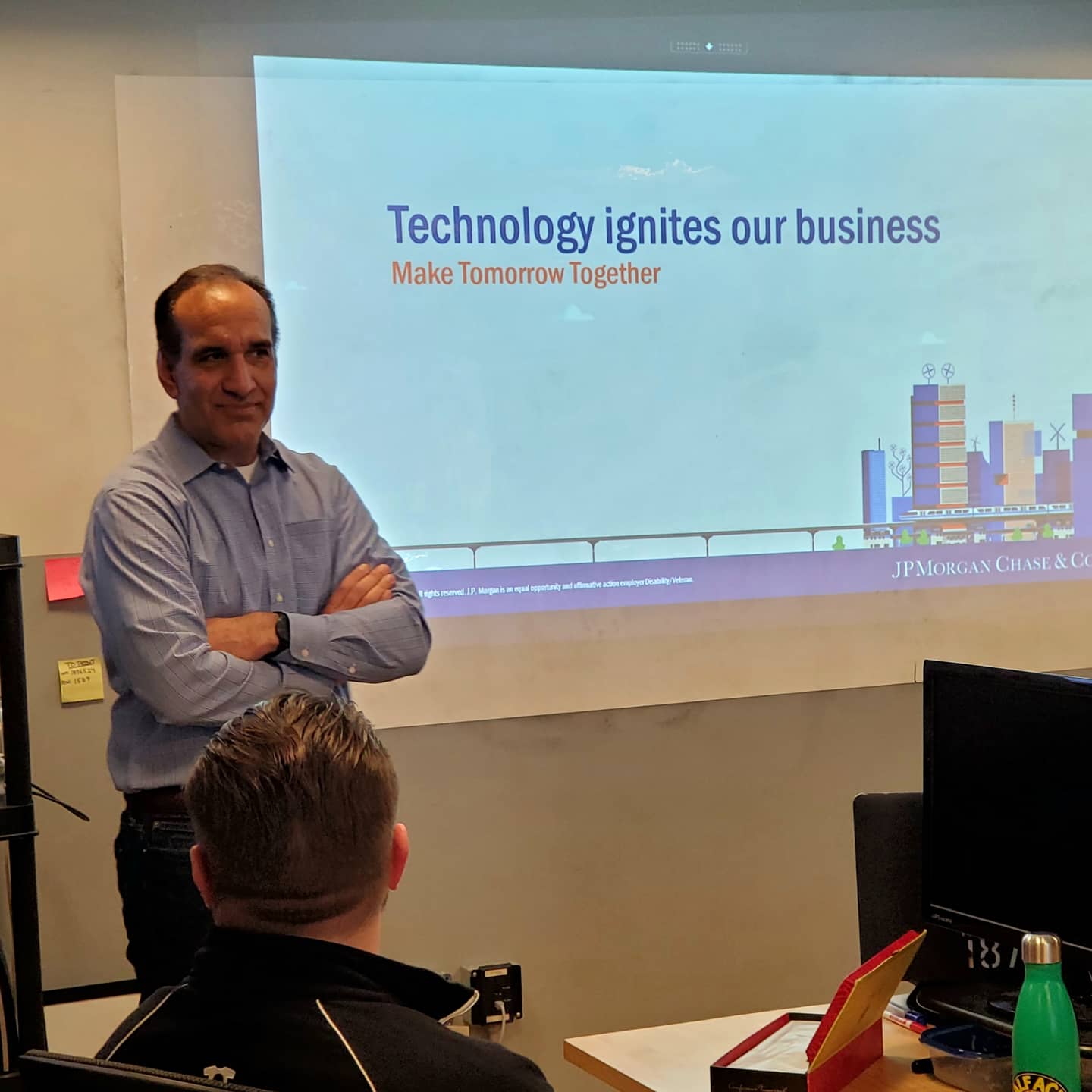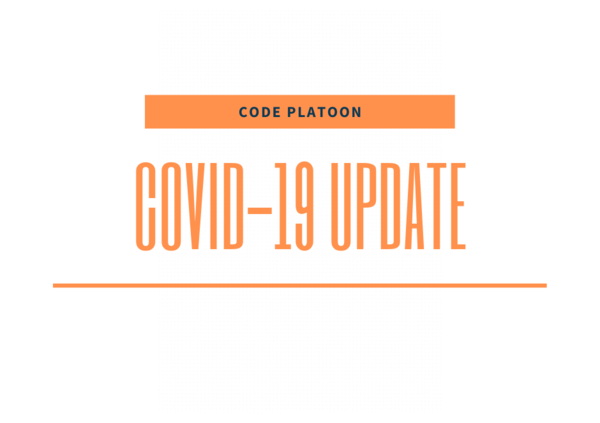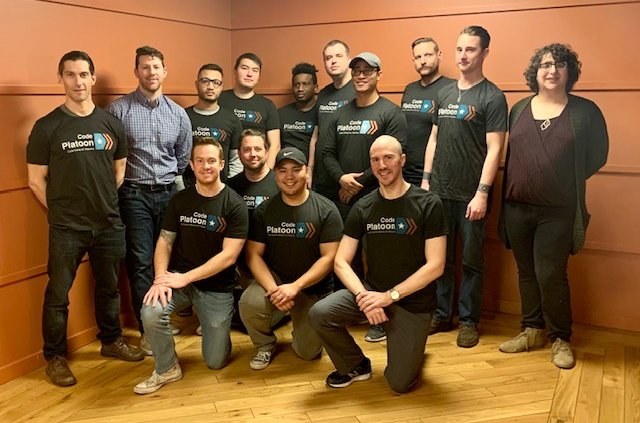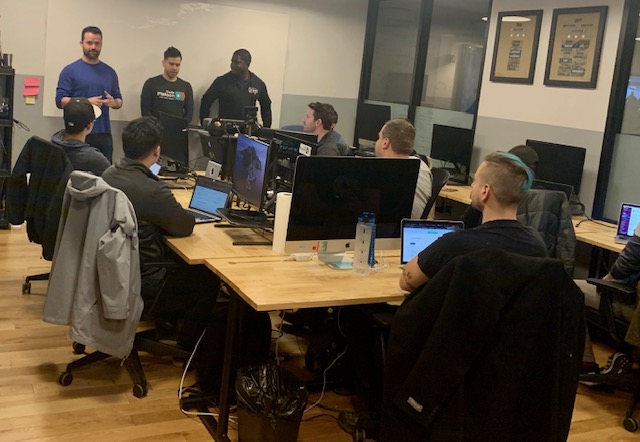Congratulations Kilo Platoon!
Code Platoon is excited to congratulate Kilo Platoon on their graduation. On April 17th, 20 students finished the program making it our biggest graduating class yet! After 14 weeks of intensive training and study, students’ work culminated with this moment.
As part of our graduation ceremony, four teams of students presented group projects featuring demos of their original applications. This is where the rubber meets the road as these teams put their coding knowledge to the test. Over a period of two weeks, groups collaboratively worked on creating one really impressive app. Final projects showcased Code Platoon students’ well-rounded knowledge of full-stack software development, strong team working skills, and engaging presentation abilities.
For the first time in Code Platoon’s history, students experienced an entire graduation ceremony online. Over 80 viewers composed of family, friends, alumni, and employers hopped on their computers and tuned in to watch Kilo Platoon’s graduation live stream via Zoom and YouTube. The online audience enjoyed an interactive experience as they posted questions and supportive comments throughout the presentations.
Most of these graduates will continue in their journeys with paid software development internships coordinated by Code Platoon, launching them into their coding careers. We are excited to see the amazing work these graduates will do in their new positions, adding to the powerful legacy of the Code Platoon alumni network.
“Kilo students were resilient and adapted to the additional stresses from COVID-19 without much friction,” said Tom Prete, Code Platoon’s lead instructor. “I was constantly impressed by how they were able to expand and push their knowledge to create amazing personal projects and exquisite group projects.”
Congratulations Kilo Platoon and best of luck on your next coding chapter!
Brenna Koss is Code Platoon’s Development and Operations Coordinator. She is a graduate of the University of North Carolina Greensboro in Political Science and French. In her free time, Brenna loves to travel and spend time with friends and family. Follow Brenna on LinkedIn.

